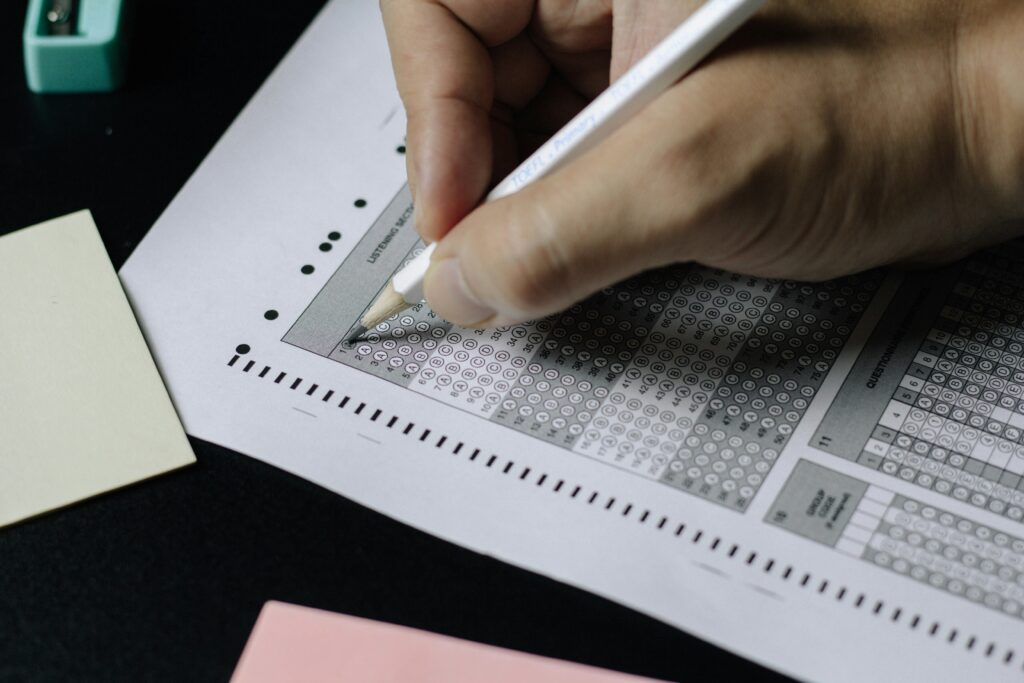Milligan’s finals week is rapidly approaching, with only four weeks remaining in the fall semester. Especially for first-year students, the process of studying for finals week can be overwhelming—but upperclassmen and faculty members are rady to offer their tips for studying well, staying healthy while studying, and avoiding study no-go’s. Despite the fact that each student’s study needs vary, the majority of this advice is applicable to most majors and study styles.
Don’t cram!
According to the American Psychological Association, cramming does not improve long-term learning, despite the fact that students may perform well on crammed examinations. Instead, the most effective approach to learning is to study with long-term retention.
“Don’t wait till the last second. Don’t stay up all night; it’s not worth it. Don’t lose sleep before it,” said Emma Rae Phillips, a senior exercise science major.
Use review opportunities
Dr. John Jackson, associate professor of Bible and humanities, advises using the provided study material such as study guides, and taking advantage of review sessions. Furthermore, he recommends paying close attention to what professors write on the board.
“The teachers know what is going to be on (the exam). So, make sure you listen to them,” Jackson said.

In college, students often encounter challenging course material; however, it is not uncommon for them to seek additional support. Professors and tutors are often willing to help. Jackson especially emphasizes taking advantage of the humanities review session.
Plan Ahead
A study schedule that includes specific goals can provide a sense of preparedness and a path to follow. According to Jackson, it’s crucial to start organizing notes early and to thoroughly review the material beforehand. Academic Dean Dr. Rich Aubrey notes that multiple tests happen within a short period of time during finals week; therefore, preparing ahead of time is essential. He also recommends planning study sessions ahead of time, including some with others and some alone.
Avoid Technology
Digital devices may disrupt education by allowing distractible students to multitask while sacrificing learning.
Alex Hayashi, a junior who double majors in political science and psychology, explained that receiving notifications on your phone or computer is the biggest distraction while studying, as it causes one to lose focus.

“No technology, unless you use it to study, like with Quizlet,” said Suzanne Aguirre, a senior in pre-professional psychology and social work. She recommends not using phones when studying because they are a distraction.
Take Breaks
Research shows that taking rests between study sessions improves continuation, and recuperation is essential for gaining new skills. According to the National Institutes of Health, taking breaks between study sessions allows the brain to compress and consolidate memories. Therefore, it is crucial to provide enough time, relaxation, and sleep between study sessions to prepare the brain for new knowledge.
“I’ll (study) until I have trouble finishing a thought,” Hayashi said. “So about 45 minutes to an hour and a half. Take a break, reset, go walk around, and get some food.” She also underlines the importance of change in the environment when taking breaks.

All the students and faculty who were interviewed recommended identifying and implementing the most effective study method for each student’s individual needs. This includes determining one’s preferred study environment, time of day, noise level, location, and whether one prefers to study alone or with friends.
“I try not to stress too much about it because school is temporary. Just do what you can,” said Phillips, summarizing her experience.

About The Author
Emily Haas is a freshman from Hildesheim, Germany. She is a journalism major and a member of Milligan’s swim team. She enjoys traveling, reading, and finding geocaches.

